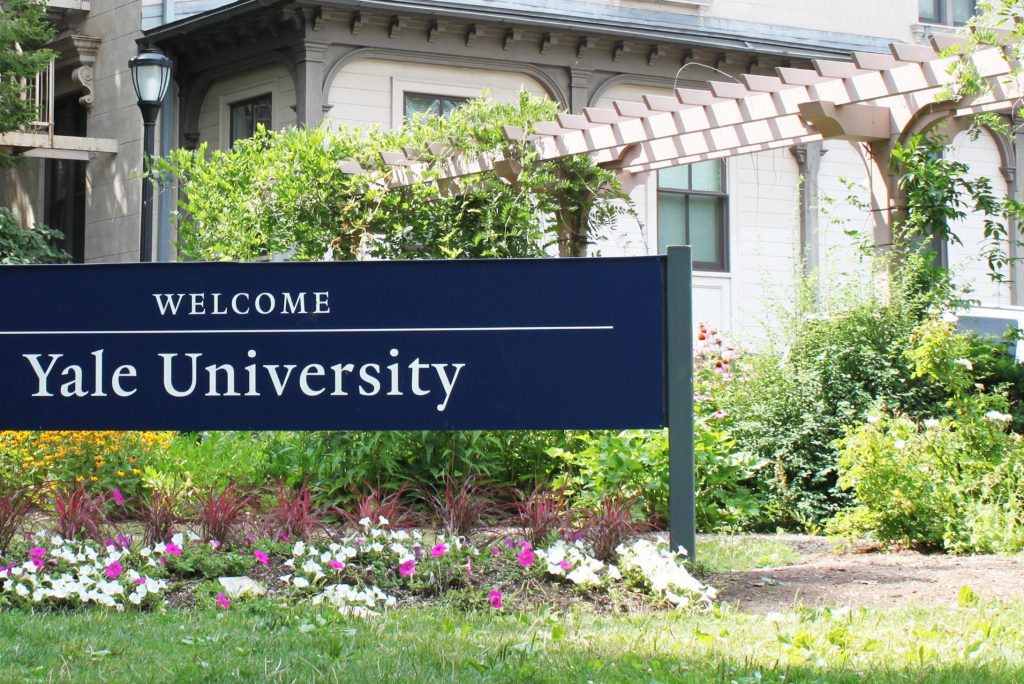Prestigious Colleges Favor Alumni Children?
Legacy admission policies are said to be affecting the pool of applicants acceptance rate into prestigious colleges.

Just the decision to apply for college is stressful. Considering tuition rates, transportation, whether to live on or off campus or go to a community college and then deal with transfers into longer degree programs hosts many possibilities and plenty of room for errors. Then there is the added frustration of admissions. While applying for college may seem easy to some, choosing to aim high and attempt to get into a prestigious school often leads to rejection. Even with all the diversity initiatives, most top schools still only accept a small percentage of applicants, and they even offer legacy admissions for the children of previous graduates. This practice of grandfathering in generations from the same family is being criticized in the modern age, when students are struggling more than ever.
Legacy admissions are still popular for elite American colleges. Yale and Harvard both still take parentage into consideration during the application process, and according to a 2018 High Ed Survey, some 42% of private colleges were still admitting students based on legacy preferences. Opponents of this practice argue that it prevents underprivileged students from receiving the opportunity to better themselves and favors white students, but 51% of Yale’s incoming 2025 class are students of color, and Harvard has more women admitted than men. In addition, only 14% of the incoming students at Yale were the children of alumni.
So are these prestigious colleges truly favoring alumni children? Many would agree that yes, any legacy admissions are giving the children of previous graduates a better chance at being accepted. Yet, despite this, the motives are not as clear as many reports would claim.
While some believe that legacy admissions are “racist” or outdated, the fact is that students whose parents graduated from college are more likely to graduate themselves. This is true for students of all races. In addition, building loyalty within families leads to stronger long-term connections that encourage parents to donate more, and builds a stronger community because donations often provide colleges with the funds needed to award more scholarships and grants to low-income students who would otherwise not be able to afford the costs of attending prestigious universities.
Despite this, many colleges have recently removed legacy admission practices. The University of California, The University of Georgia, and Texas A&M all dropped their legacy-based policies, but this was not entirely voluntary. Voting initiatives and lawsuits challenging affirmative action brought generationally tied admissions into the spotlight and these colleges decided to remove the controversial policy due to public pressure.
There is a current Supreme Court case challenging affirmative action practices, and some believe that if race-based admission policies are overturned it would make legacy admissions look bad. Despite this, colleges like Yale only admit a small percentage of students based on their family legacy, and being that their student body is so racially diverse this practice is not highly concerning. While some believe that overturning affirmative action could lead to less minority students and that admitting students based on their family will lead to less diversity, in fact so many minority students have already been admitted that those who wish to carry on that legacy and encourage their children to apply would likely also benefit, so it all depends on how alumni and their children view the practice, and whether or not minority students would pass their legacy onto their children.

Prestigious schools receive more applicants than they can possibly admit. There is no law against legacy admissions. Students are more likely to graduate if their parents graduated, and offer a stronger sense of community due to family loyalty to a school. Being that most universities host diverse student bodies even though some still accept students based on family legacy, this practice may not be as exclusionary as some insist.



